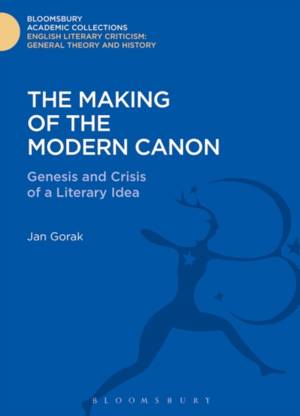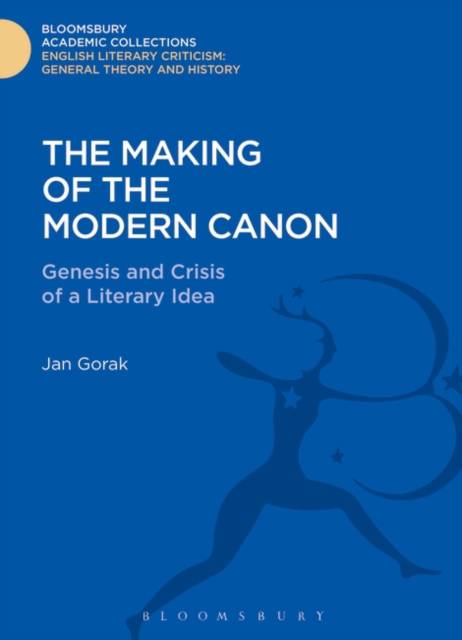
- Afhalen na 1 uur in een winkel met voorraad
- Gratis thuislevering in België vanaf € 30
- Ruim aanbod met 7 miljoen producten
- Afhalen na 1 uur in een winkel met voorraad
- Gratis thuislevering in België vanaf € 30
- Ruim aanbod met 7 miljoen producten
Omschrijving
This book is part of a series which moves the canon debate of the 1980s forward into a new multidisciplinary and cross-cultural phase by investigating problems of canon formation across the whole humanistic field. Some volumes explore the linguistic, political or anthropological dimensions of canonicity. Others examine the historical canons of individual disciplines. The important contribution to the canon debate is remarkable in examining the actual process of canon formation from three unusual and complementary angles. The first two chapters discuss historical attitudes to canons from antiquity onwards, showing the religious, aesthetic, cultural and political interests which have shaped our modern critical canons. Each of the four succeeding chapters examines an exemplary modern defendant, interpreter, or critic of canons: Ernst Gombrich, Northrop Frye, Frank Kermode, and Edward Said. A final chapter considers the origins and rationale of the contemporary debate, emphasizing the disciplinary and aesthetic problems we must confront if our cultural institutions are to meet the changing needs of the next century.
Specificaties
Betrokkenen
- Auteur(s):
- Uitgeverij:
Inhoud
- Aantal bladzijden:
- 324
- Taal:
- Engels
- Reeks:
Eigenschappen
- Productcode (EAN):
- 9781472513274
- Verschijningsdatum:
- 8/05/2014
- Uitvoering:
- Hardcover
- Formaat:
- Genaaid
- Afmetingen:
- 156 mm x 234 mm
- Gewicht:
- 630 g

Alleen bij Standaard Boekhandel
Beoordelingen
We publiceren alleen reviews die voldoen aan de voorwaarden voor reviews. Bekijk onze voorwaarden voor reviews.











